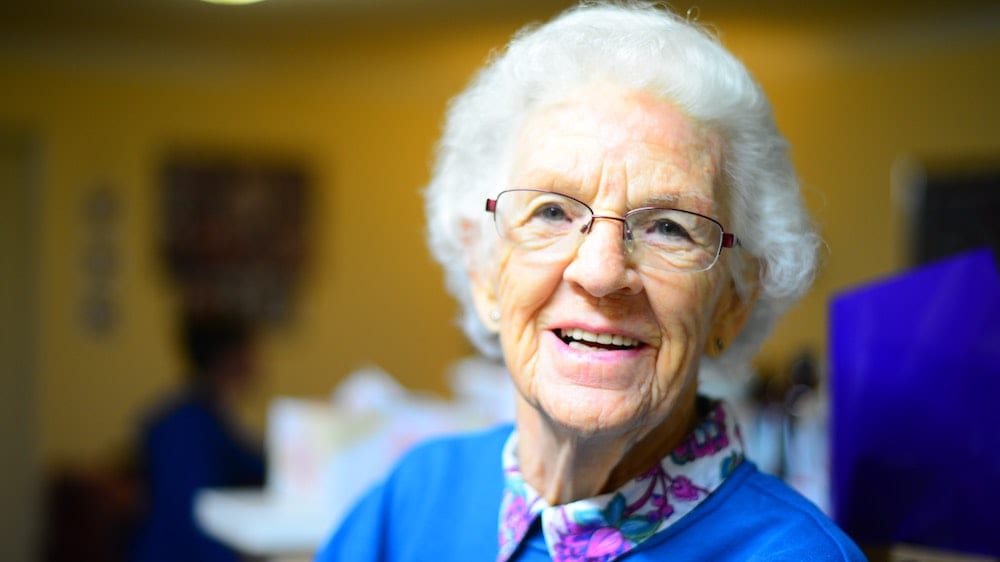Many families around the country trust nursing homes to properly take care of their elderly family members, and often pay a premium for those services. Unfortunately, it is very common for the elderly to suffer fall injuries, as the Centers for Disease Control and Prevention reported that every year, over 800,000 patients a year are hospitalized because of injuries sustained during falls.
The costs of treating fall injuries increases drastically with age, and the average hospital cost for a fall injury is over $30,000. Since the elderly are more inclined to suffer fall-related injuries, the elderly and their families place their trust in assisted living facilities, as those facilities should be prepared to anticipate and account for fall risks. When a fall does occur in a nursing home, the facility and its employees aren’t automatically liable for the accident, but commonly these incidents can be the result of negligence or malpractice.
Duties of Assisted Care Facilities
Similar to the duties of retail shopping facilities, nursing homes and other assisted care facilities have a duty to ensure their property is free of hazards that could pose a danger to residents or visitors. More specifically, this means ensuring that floors are clear of spills and have no defects that could cause someone to slip, and ensuring that carpeted surfaces are free of rips and tears. Additionally, reducing the number of sharp or jagged surfaces is usually the responsibility of the property owner.
In addition to these basic duties, nursing homes often need to provide care and facilities tailored to those with mobility issues. For example, the nursing home should provide handrails and other movement assistance fixtures to allow residents to successfully navigate stairways or corridors. If a particular resident requires a walker or wheelchair to move around, and the nursing home didn’t provide those types of assistance to the resident, they could be liable for injuries sustained by that resident if they fall.
The type of assistance required by each resident should be part of a comprehensive care plan formulated by the skilled nursing facility. Relevant factors include limitations on mobility, general loss of balance or strength, dementia, and medications that can slow reaction time, or cause drowsiness or dizziness.
Composition of a Slip and Fall
In order to have a case for a slip and fall incident, the victim must prove that the owner or manager of the property was negligent in some capacity. In many states, nursing homes have an increased duty of care to their residents, since they are an at-risk population for slip and fall injuries. If there is sufficient evidence to show that the nursing home disregarded a potential hazard, or didn’t provide adequate warnings about an unavoidable risk, they could be found negligent. If the facility’s negligence, or the negligence or recklessness of its employees, caused a resident to suffer an injury, they should have to pay damages to reimburse the resident for that injury and associated costs.
The determination of liability for a slip and fall incident can be highly fact specific. An experienced attorney will be able to review incident reports, medical records, and make an assessment of what care and assistance should have been provided, and if a case for negligence exists.


